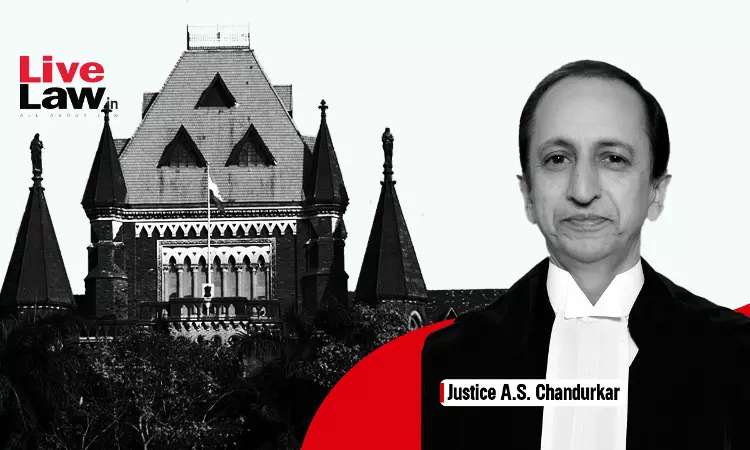Govt Fact Check Unit In Public Interest, Cannot Be Stayed At The Behest Of A Few Individuals: Centre To Bombay High Court
Amisha Shrivastava
29 Feb 2024 6:43 PM IST

Next Story
29 Feb 2024 6:43 PM IST
The Bombay High Court today reserved order on interim application by comedian Kunal Kamra and others seeking stay on formation of Fact Check Unit under 2023 amendment to IT Rules, 2021 till the pendency for their writ petitions against the amendment.The 2023 amendment to the IT Rules, 2021 empowers the government to establish an FCU to identify fake, false, and misleading information about...
